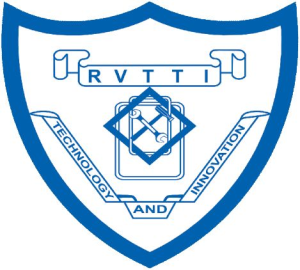This Module unit is intended to equip the trainee with knowledge, skills and attitudes and values that empower him/her to face challenges posed by their physiological, psychological , social and economic circumstances.
It will enable him/her to take responsibility for their individual actions.
This module unit is intended to equip the trainee with knowledge, skills, and attitudes to enable him/her, process information and communicate effectively at the workplace.
General Learning Outcomes:
By the end of this module unit, the trainee should be able to:
- appreciate the importance of communication in the workplace
- develop necessary skills for effective communication
- appreciate the use of different modes and forms of communication
- identify the role of Information Technology Communication in communication
- develop the necessary writing skills for various documents
- apply official etiquette, protocol, and diplomacy at the workplace
- cope with emerging issues and trends in communication skills

